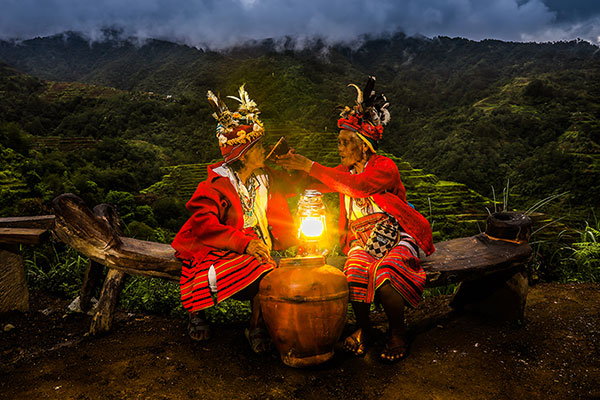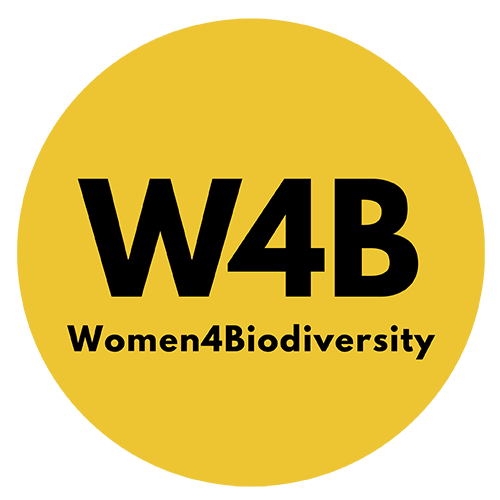
The Minamata Convention on Mercury is a global treaty protecting human health and the environment from mercury pollution. It recognises that women, especially those of childbearing age, and children are particularly vulnerable to mercury’s harmful effects, and in 2023 adopted its first Gender Action Plan to promote gender equality in implementation.
Why Gender Matters in Mercury Governance
Mercury exposure, from activities like artisanal and small-scale gold mining (ASGM) and industrial emissions, disproportionately affects women, especially Indigenous and rural women. Their close ties to land, water, and biodiversity, through roles as food gatherers, water stewards, and traditional knowledge holders, place them on the frontlines of both conservation and toxic exposure.
Understanding Mercury, Biodiversity, and Justice
At the Fifth meeting of the Conference of the Parties to the Minamata Convention on Mercury (COP-5) in 2023, Parties recognised the link between mercury pollution and biodiversity loss through Decision MC-5/20, Mercury and the Kunming-Montreal Global Biodiversity Framework (KM-GBF), recognising the potential for generating co-benefits through coherent implementation of both the Minamata Convention and the KM-GBF. The decision explicitly makes reference to the KM-GBF Target 22 and Target 23, including identifying actions and possible indicative joint indicators. Addressing mercury through a gender-responsive lens strengthens biodiversity protection and supports more equitable and sustainable outcomes.
The Women’s Caucus for the Minamata Convention on Mercury
Launched on 17 May 2025, the Women’s Caucus is a collaborative platform to amplify women’s leadership and ensure gender equality, social inclusion, and human rights are embedded in the Convention’s policies and actions.
Co-convened by Women4Biodiversity and the MSP Institute, with support from the Convention Secretariat, the Women’s Caucus brings together women-led organisations, gender advocates, Indigenous and local leaders, and allies. Membership is open and free, though it does not include financial support for projects or travel.
Watch the launch of the Women’s Caucus in English, French and Spanish
Contact information
Mrinalini Rai, Founder and Director, Women4Biodiversity : [email protected]
Anna Holthaus, Project Lead – Gender and Chemicals, MSP Institute eV : [email protected]g
For more information on the gender action plan of the Minamata Convention on Mercury: Please contact Lara Ognibene, Legal Officer and Gender Focal Point, Secretariat of the Minamata Convention on Mercury [[email protected]]
Download the branding guidelines
If the Women’s Caucus logo is used in any materials, please inform both Women4Biodiversity and the MSP Institute. The relevant contact information is provided above.
Relevant information
Co-conveners



